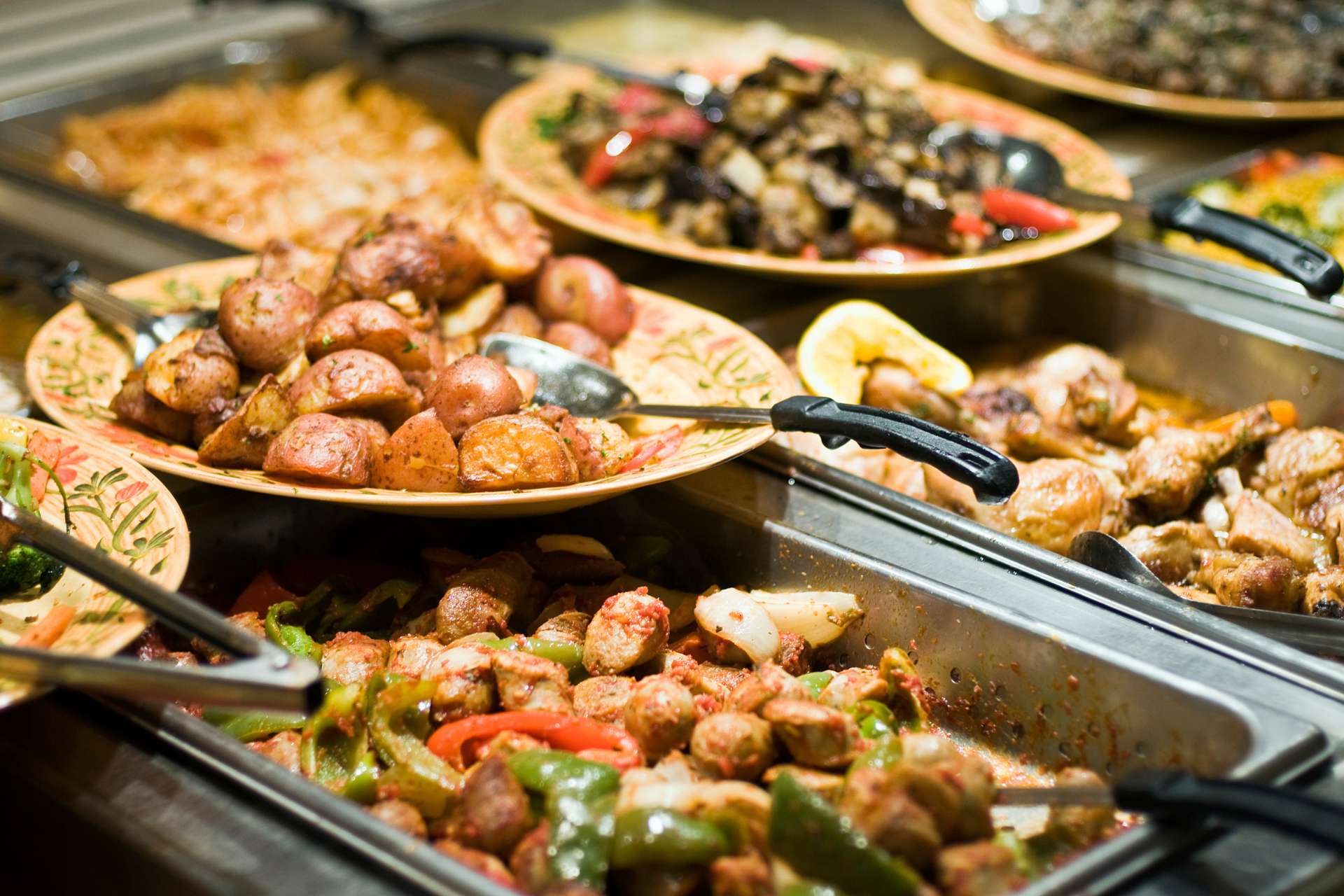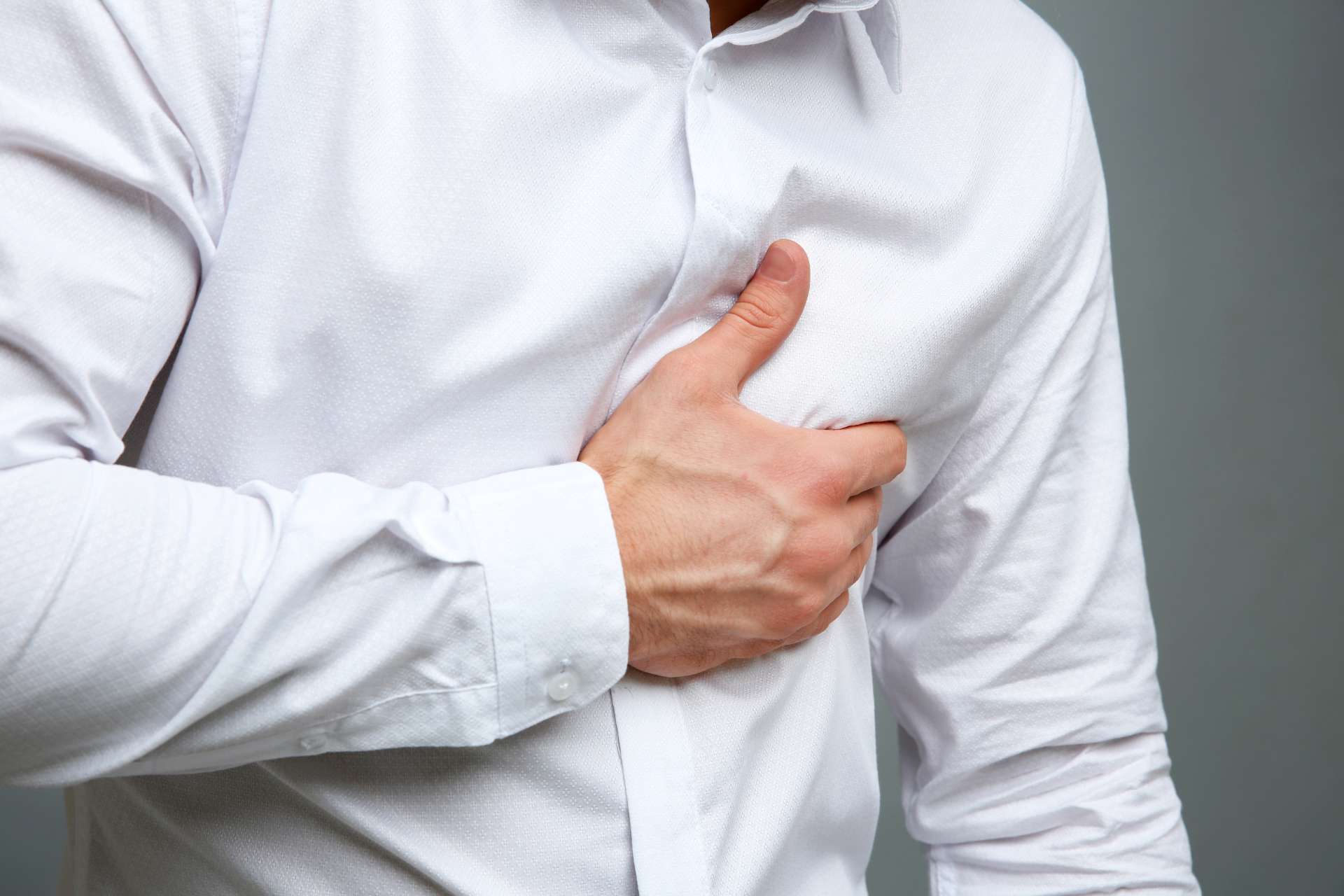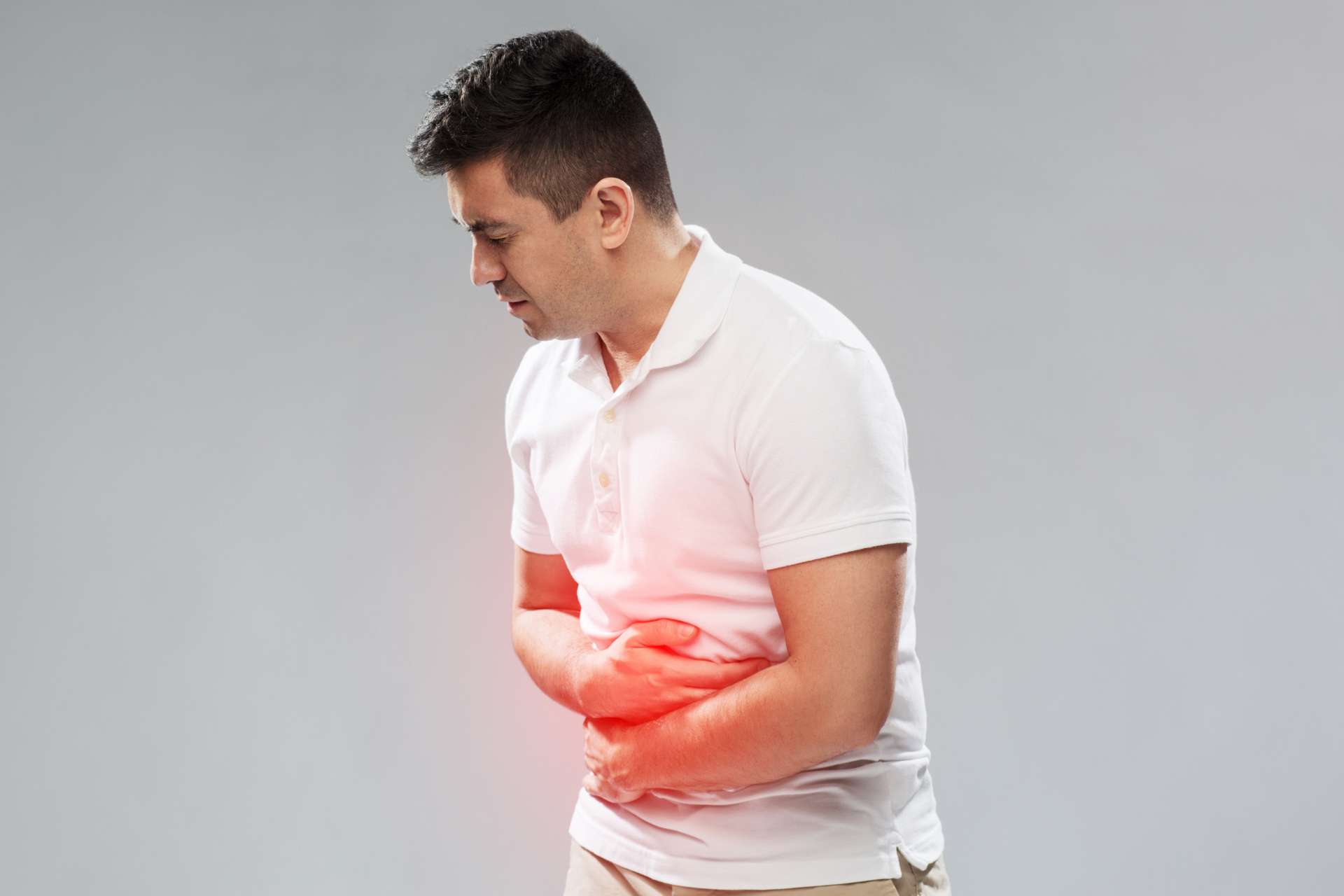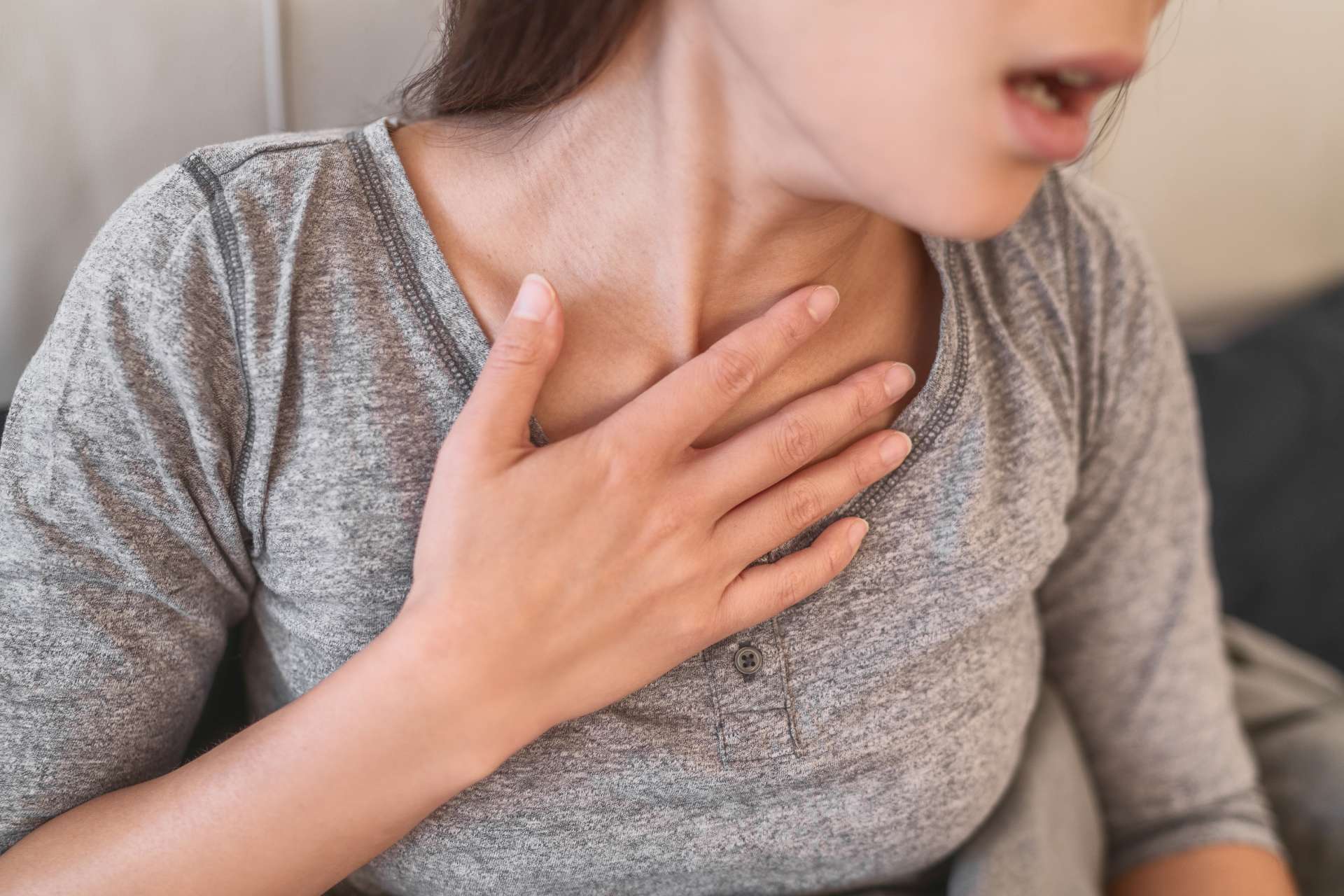Gastrocardiac syndrome: a disorder masquerading as a heart attack
Palpitations, tightness in the chest and increased heart rate can make us think the worst, but often it is what we eat that gives us these bad symptoms

Palpitations, tightness in the chest and increased heart rate: gastro-cardiac syndrome plays tricks and can often make you really worry, think of the worst. In fact, few know, however, that there is a link between tachycardia and gastroesophageal reflux.
We know it well: the first thought when these symptoms are felt is that it is a heart attack. A good scare! Perhaps, however, the fact that it could be a disorder caused by what you eat is always ignored.
If surprise is what you feel, as you continue reading you will discover that it is not so unusual to experience tachycardia after a large meal, especially in the case of reflux.
Now that this important discovery is within reach of who is reading us, it's time to run for cover.
Why has sugar become man's worst enemy?

What is Roemheld Syndrome really?
Despite the rather complicated name, many have experienced the effects of gastro-cardiac syndrome at least once in their life.
Try to think, for example, of that evening when, distracted by chatting and laughing with friends, you allowed yourself a few too many glasses of wine or some amaro.
In addition to the feeling of heaviness and acidity in the stomach from the large meal, you have most likely started to experience palpitations and a rapid heartbeat.
Of course you are scared! It happens to many, especially on special occasions, such as weddings, or on holidays.
It must be said immediately that these symptoms, even if they resemble angina or other heart diseases, are not related to heart problems, but are the direct expression of gastro-cardiac syndrome.
Also called "Roemheld-Techlenburg-Ceconi syndrome" or "gastric fundus hyperdistension syndrome", this condition was described for the first time in the last century by the German physician Ludwing Roemheld (1873-1938).
Thyroiditis and goiter: this is how people get sicker in the Bergamo area

How to understand when we are in the presence of it?
Gastrocardiac syndrome has numerous symptoms that can occur from case to case in variable combinations, both during and after a meal.
Sufferers experience an increase in heart rate, accompanied by an abnormal heart rhythm and dull pain.
Other signals are a sense of constriction or weight in the center of the chest, accompanied by gastrointestinal disturbances, such as swelling, abdominal pain and a feeling of fullness. But also belching, nausea, gastroesophageal reflux or regurgitation.
Milk, vitamin D and osteoporosis: what is the hidden link?

Are there foods that mostly cause it?
Usually the gastro-cardiac syndrome occurs in coincidence with a large meal, characterized by heavy foods to digest and fat.
Among the triggering factors there are also alcoholic or carbonated drinks that cause an accumulation of gas in the stomach, causing it to become excessively distended.
Depression and nutrition: what is the inextricable link?

When does this disease most manifest itself?
Sometimes, especially if the meal was eaten during the evening hours, the gastro-cardiac syndrome can occur while in bed.
Many people struggle to fall asleep or fall asleep and wake up rudely due to anxiety.
Everything you don't know about nickel allergy…

Why are reflux and tachycardia related?
Gastroesophageal reflux and tachycardia are linked for a simple reason. After a large meal, some phenomena may occur.
The upper left part of the stomach tends to swell, while the gastric endings of the vagus nerve are stressed and a consequent modulation of the heart rate occurs.
What is Metabolic Syndrome? And how can it be prevented?

Stomach bloating got us something?
When we eat in the stomach, in addition to the foods and drinks inserted, we find gastric juices and a certain amount of air swallowed during chewing.
To these elements are added the gases that are produced during the digestive process. These solid, gaseous and liquid elements help to swell the stomach, causing a feeling of fullness that can sometimes become abdominal tension or excessive fullness.
After a large meal with foods and drinks that release gas when they react with each other, your stomach may bloat more than it should.
In particular if we add to this phenomenon a poor motility of the digestive tract and a slow outflow towards the intestine of the stomach contents.
When the swelling involves mostly the left side of the stomach, the enlarged loop presses against the diaphragm in the area below the heart.
This pressure takes away from the heart some of the space it has available to contract freely. It can therefore cause heart rhythm disturbances, a feeling of tightness and weight in the chest and difficulty breathing.
At the same time, the distended stomach walls put strain on the vagus nerve endings.
This termination transmits information to both the heart and the gastrointestinal tract, regulating some involuntary functions such as heartbeat and gastrointestinal motility.
So it reacts to the swelling of the stomach by sending messages to the heart muscle. The latter begins to beat faster and here is the appearance of tachycardia!
Pressure problems? We all have them, but few rules…

How can tachycardia be avoided after a meal?
To avoid gastro-cardiac syndrome, you need to be very careful about what you eat.
The first thing to do would be to divide the meals more during the day, taking small quantities of food and always getting up from the table just before feeling full.
The best foods to consume are fresh ones, such as seasonal vegetables and fruit, low in fat and easily digestible.
Food should be cooked in a simple way (baked, boiled or steamed) and with little seasoning.
Why does ear infection dominate so much during the Christmas period?

What foods cause heart palpitations after eating?
The optimal solution that we propose tends to be of avoid all foods which digest slowly or cause excess gas production.
Fruit should always be consumed away from meals or at the beginning, in order to avoid fermentation.
Caffeine, on the other hand, should be limited in order not to further stress the heart rate.

You may also be interested in:
Austria, Germany and Switzerland for "more innovative" cargo railways
DACH Ministers Leonore Gewessler, Volker Wissing and Albert Rösti: the introduction of Digital Automatic Pairing is a key element
by Editorial staff Innovando.NewsEditorial staff of Innovando.News
Persuasion or manipulation? Genesis and historical impact of PR
This is how Public Relations, from the sophistic dialogue of ancient Greece to the current digital era, continues to offer continuous innovation
Young people and cryptocurrencies: how to find out more about Bitcoin…
Introducing kids to digital currencies and Blockchain can be an exciting endeavor, given their affinity for technology and innovation
“The patient at the centre”: a great hope and a meeting in the Senate
The topic of the importance of innovation in medical devices for European healthcare will be explored on 15 May in Rome by experts and politicians
by Alberto NicoliniEditor of districtbiomedicale.it, BioMed News and Radio Pico




